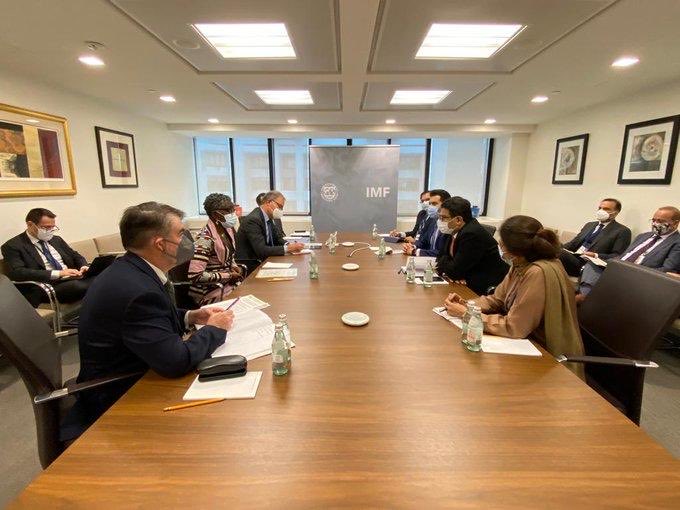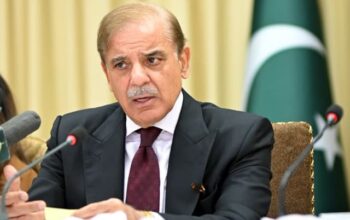Over 6000 bank accounts closed with first phase of implementation yet to conclude
By Staff Reporter
ISLAMABAD: Pakistan’s implementation of Treasury Single Account seems to have been bogged down in modalities, with the bulk of the work remaining, as an International Monetary Fund (IMF) team heads to Islamabad for talks as part of the 7th review of an EFF program.
Implementation of Treasury Single Account (TSA) was one of the fiscal reform measures Pakistan agreed to institute ahead of of signing up for the $6-billion Extended Fund Facility (EFF) with IMF. The Fund estimates at the time put public funds parked in private bank accounts by federal and provincial governments and autonomous bodies at around PKR 4.4 trillion.
The government later promulgated Public Finance Management (PFM) Act 2019 to legally mandate TSA. For the sake of implementation, the task was divided up in two phases called TSA-1 and TSA-2, with the former covering federal ministries and divisions and their attached departments, and the latter dealing with autonomous entities including special-purpose funds. The federal cabinet put in place TSA and Cash Management Rules, 2020 to govern TSA-1.
As of early May 2022, more than 6,000 private bank accounts holding public funds had been closed down under TSA-1, and the funds held there transferred to the Federal Consolidated Fund, an account maintained by the State Bank of Pakistan.
The moneys parked in the commercial banks belong to federal ministries and division and their attached departments as well as autonomous entities, public universities, special purpose funds, and other civil and military authorities including civil armed forces.
Of the funds parked in commercial bank accounts, PKR 1.65 trillion belongs to federal government ministries and divisions and attached departments , PKR 1.14 trillion to provincial governments, and the remainder to other autonomous bodies.
Results of the implementation of TSA-1 have been mixed. Based on the list of government bank accounts provided by the State Bank of Pakistan, the Finance Division undertook a series of discussions with the SBP, NBP and the ministries and divisions and their attached departments in 2020 and early 2021. SBP had compiled the list through a survey conducted with the commercial banks.
One of the problems TSA-1 ran into was the quality of the data of government bank accounts. The SBP list was not very precise and in certain cases included accounts held by individuals. Another problem was that it was unclear how to approach bank accounts maintained by civil armed forces, the Ministry of Defense, and Ministry of Defense Production, and Public Works Department (PWD).
In some cases, the Finance Division had to order reversal of closure of bank accounts for certain organizations. Together, these and other roadblocks have meant implementation of TSA-1 has been slow.
Pakistan and the IMF are currently in talks as part of the 7th review under $6-billion EFF program. Pakistan has so far drawn $3 billion out of total $6 billion EFF available under the program. Three more reviews of the current EFF program, due to expire in September 2022, are pending.
Copyright © 2021 Independent Pakistan | All rights reserved




